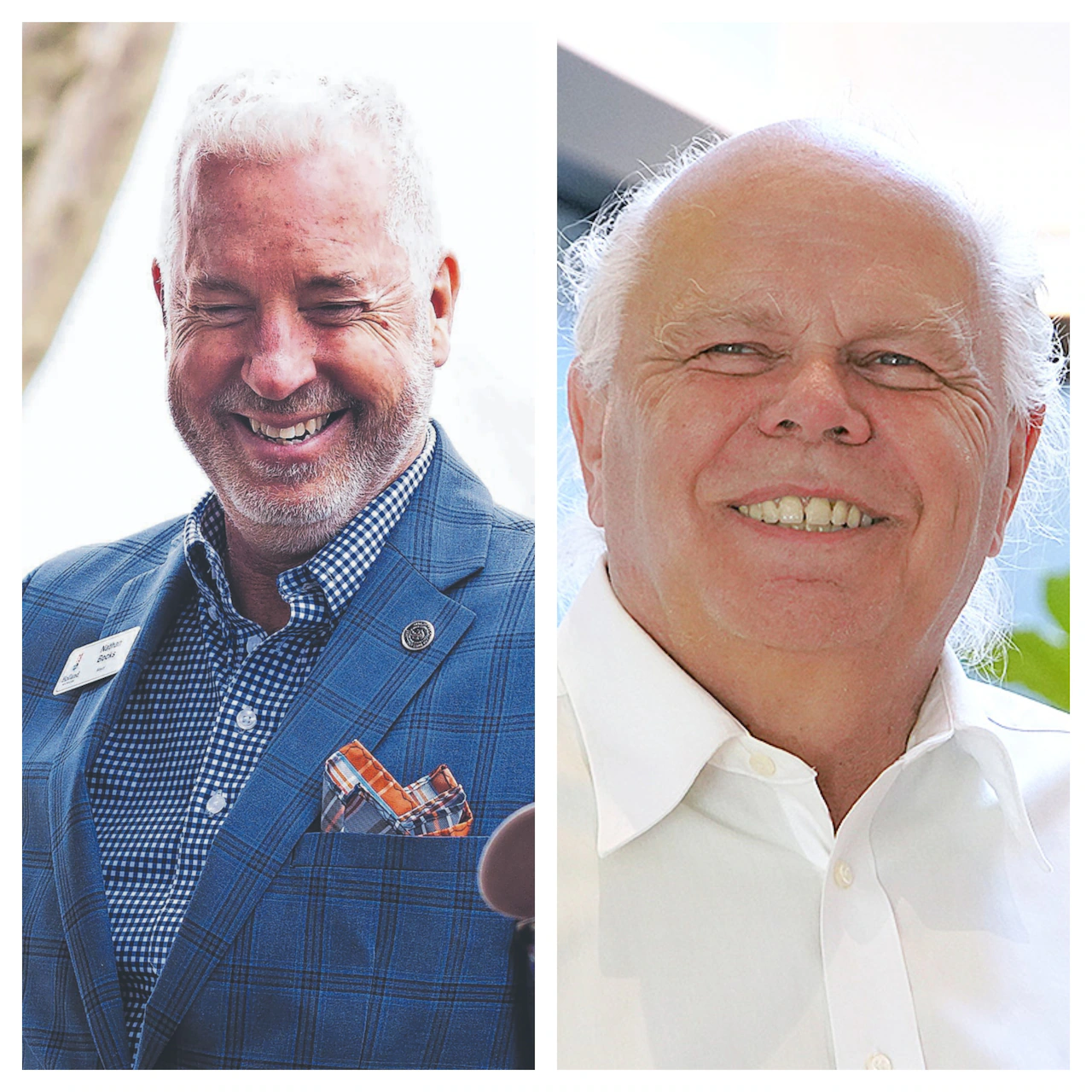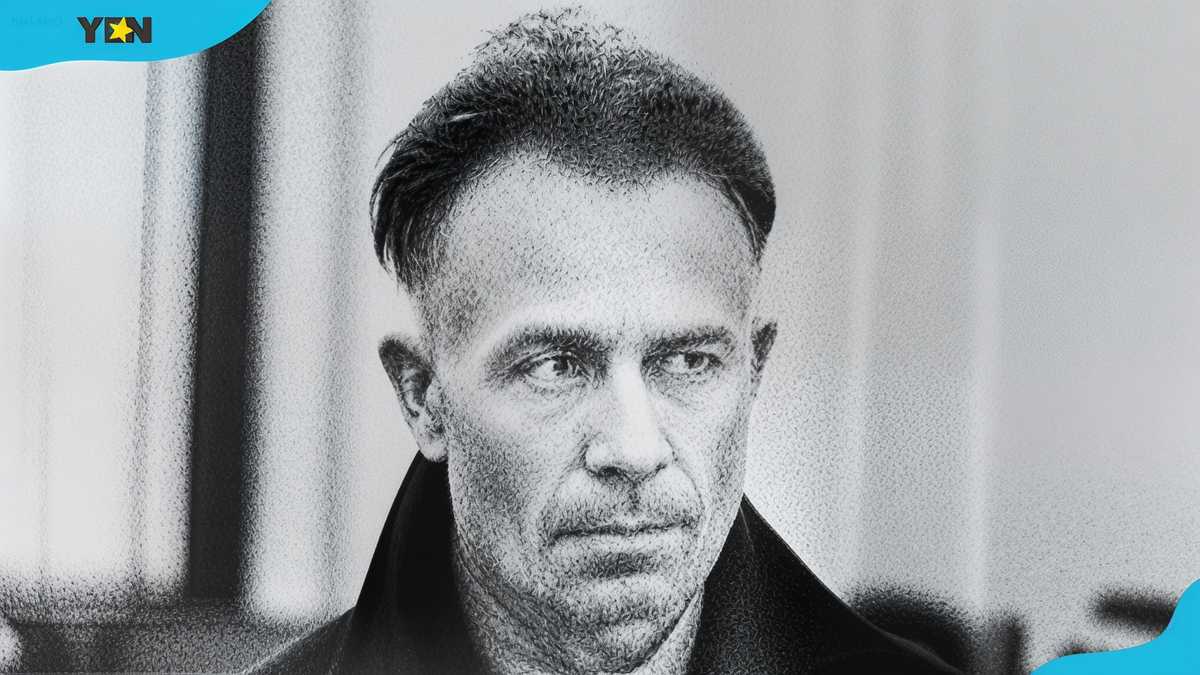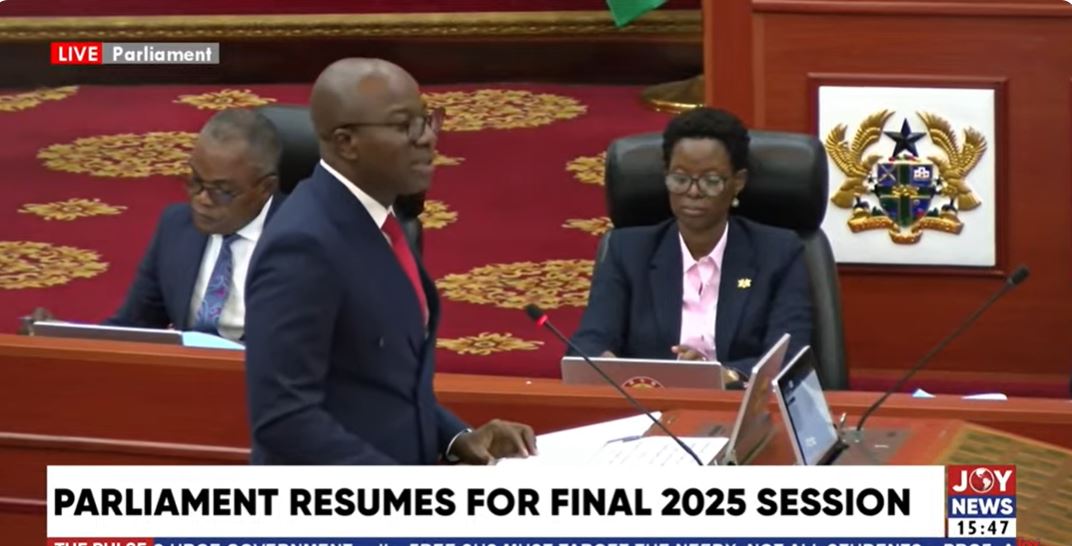Copyright M Live Michigan

HOLLAND, MI - Two candidates are facing off for the two-year job as mayor of Holland. Third-term incumbent Mayor Nathan Bocks is being challenged by businessman Brian Everitt in the Tuesday, Nov. 4 election. Both candidates have highlighted their long tenure in the city, and both pointed to housing shortages amid rapid growth as among their top concerns. Bocks, 58, was first elected as Holland’s mayor in 2019. He’s owned a Holland law practice, Central Park Law PLLC, since 1993. Bocks has served on 15 community boards and commissions over the last 20 years, including on the city’s planning commission. He also said he has been a Tulip Time Tour Guide since 1994. The Hope College graduate also attended the Marquette University Law School in Milwaukee. Bocks has said Holland is thriving, with a highly effective city council frequently voting unanimously and working together to build community during his six years as mayor. The goal now, he said, is to keep improving, increasing housing stock and promoting continued downtown development. Learn more about Bocks on his campaign website and Facebook page. Everitt, 68, is a business owner. He runs Eye Can See Clearly Now, a window and power-washing company he founded in 2000. The West Ottawa High School graduate attended Hope College, Grand Valley State University and the University of Michigan. He’s been a member of the Holland Community Theatre since the 1990s, serving on the board of directors and as president. Everitt spent more than 10 years working with Mac Media and Mac TV, Holland’s now shuttered public access television network, to produce several shows. Everitt told MLive he wants to focus on Holland’s long-term future, and has felt called to run to promote communication and transparency. Learn more about Everitt on his campaign website and Facebook page. The two candidates squared off in September in a candidate forum held by the League of Women Voters. MLive/The Grand Rapids Press spoke with both candidates this month about why they’re running for the seat and what their top priorities would be if elected. Below is an edited version of their responses. What would be your top priorities? Bocks said housing is a big issue in the city, and has been his top priority since his first term. He pointed to over 1,200 new housing units approved since he was elected, both apartments and single family homes. Around 34% of those are affordable units, he said. The city has also partnered with groups like Habitat for Humanity and Jubilee Ministries, he said, “and they have changed people’s minds on what they think affordable housing can be in the city of Holland.” Everitt said his top priority would be one stemming from his background in theater, and starting with the demolition of the James D. Young plant. The former Holland Board of Public Works’ coal-fired power plant opened for service in 1939 and provided the area with electricity until 2017. It was demolished in 2023, and city council adopted a “Waterfront Holland” proposal utilizing the power plant land as a “harbor district” in January 2020. He said one of the proposals brought before the city was for a performing arts facility, which he described as an outdoor waterfront ampitheater that would host orchestras, concerts and other community events. “A performing arts center would be of huge value for this town,” Everitt said during the Sept. 19 candidate forum. “We have a great arts community here. None of them have a home. We need that kind of property in order to bring our city in line with other cities like us.” Everitt later said his goal moving forward is to seek more resident input on the performing arts center proposal. Bocks said the new electric power plant was paid off four years early and saved $40 million in interest payments, and the public outreach process for reimagining the old site has been extensive. The proposal approved by city council and through a ballot initiative is for Waterfront Holland, a development that would bring a hotel, cruise ship dock and more on Lake Macatawa near downtown Holland. Given the polarization in our country, how would you build a model of cooperation and consensus building in the city of Holland? Everitt said his model centers around being readily available on a regular basis, and going back to his media roots with a monthly talk. He spoke about the importance of community engagement, and highlighted his background with Holland’s public TV network as one example of past consensus building. “We could kind of find a way to, by example, show how we can disagree and still get along,” he said. “Find ways to talk about what’s going on in the world and find common ground, because common ground is what we all survive on. It’s what our city thrives on.” Bocks pointed to what he said has been the city of Holland’s continued cooperation. “Most of the votes of the Holland City Council are unanimous,” he said during the Sept. 19 candidate forum. “There is a wide a spectrum of viewpoints in these chairs behind me as there are in any legislative body. But we’re nonpartisan.” Bocks said council members have their own viewpoints, but debate the issues civilly. “We have rules on the Holland City Council that say we will only speak or act on things that are within our direct operational jurisdiction,” Bocks said. “What does that mean? That means if we can’t control it, we don’t touch it. Why? We only have so much time. And we also know we only have so much patience with one another. Why would we ever want to risk the goodwill we have by arguing about things that are not anything that we have control over?” He also pointed at Holland’s dondiscrimination ordinance, which was passed during his first year as mayor and protects against discrimination in housing, employment and public accomodations. If elected, at the end of your term, what major accomplishments would you want listed? Bocks said when he first ran for mayor six years ago, he identified a challenge, an opportunity and an aspiration. Those pillars remain the same, he said. The challenge is housing. “My goal has always been to make sure that there is the housing that the people of the Holland want and need,” Bocks reiterated. “And that means housing at every level. That doesn’t mean just affordable housing. That doesn’t just mean apartments.” The opportunity is Waterfront Holland, which Bocks described as a complicated process, but one that’s continually moving forward. “My vision for that is what the people of the city of Holland voted for,” he said, referring to a ballot proposal that was approved by 62.5% of voters for a waterfront property land swap. “While you may not see visible signs of progress, we continue to work with the developers, land owners and the state and federal government to move the process forward,” Bocks wrote on his campaign website. “As with any major project, especially one involving state and federal government, progress is slow, but it is moving forward.” The aspiration is to make Holland a place where everyone felt at home, Bocks said. He again referenced the anti-discrimination ordinance, which passed by a vote of 8-1, as one exmple of forward progress. Other priorities Bocks mentioned included continued support of local businesses and regional partnerships. He pointed at the expansion of the city’s low-cost fiber internet as one accomplishment now underway. Everitt again said housing is the major issue he would want to see accomplished. He also referenced Holland’s drainage and sewage lines, which rely on aging clay pipes. He said bursts and repairs should not be covered fully by homeowners, and said he plans to work with the Board of Public Works to adopt a funding model that protects property owners. He spoke about traffic congestion and parking strain, with a focus on reassessing one-way routes for better flow. “Another thing I’d really like to see is that performing arts center,” he said, “but that requires that we talk about it and get away from the fact that it’s a done deal.” What is Holland’s greatest addressable strength and its greatest weakness? Bocks said both the city’s greatest strength and weakness are the same - a potential roll back of the city’s millage rate through the Headlee Amendment. He described the issue as “difficult to understand” but hopefully “simple to solve.” A proposal on the November ballot would override the Headlee Amendment. RELATED: Holland voters asked to approve Headlee Override to preserve services Currently, the city of Holland’s charter says the maximum amount that the city council can charge for a millage rate is 17.5 mills, Bocks said, more than the 13.87 mills the city actually levies. But under the Headlee Amendment passed in 1978, the maximum levy continues to lower each year. The millage maximum is now at 14.448 mills, Bocks said, and within the next few years is projected to drop under what city council has historically approved. He said without the override, the city could be forced to reduce its revenue and the services provided to the people. By approving the Headlee Override, he said voters can allow their local government to decide the appropriate tax rate and maintain adequate funding levels. Bocks also pointed to housing as among the city’s greatest challenges. City Council is providing incentives to builders to address this, he said, and is attempting to address homelessness by working with community leaders on a collaborative action plan. Everitt said Holland’s greatest addressable strength is its people and its communities, pointing specifically to the performing arts community and Hispanic community. “There are all sorts of communities in this town that work together to make us an incredibly strong town with a very bright future,” he said. “If we find a way to work together to solve our big problems, we have a really bright future in front of us.” Everitt also said the city’s biggest problem is housing, with short-term solutions the only available to address a long-term problem. “We have to have a policy in place that helps us build affordable houses so that new couples that want to raise a family can put down roots here,” he said. Everitt said he doesn’t believe solely increasing rental numbers are the way to address the crisis. He instead wants to increase the stock of single-family homes and “affordable, well-planned apartments to meet growing demand” while working with local shelters and faith groups to expand shelter and outreach programs.



